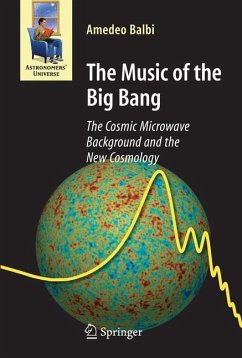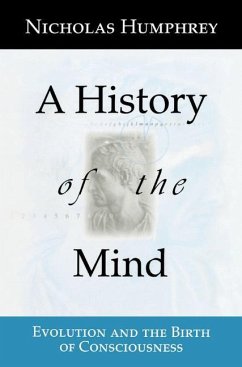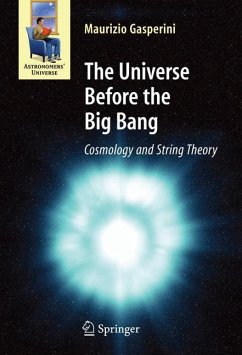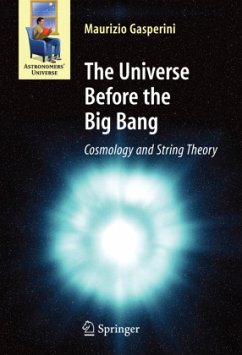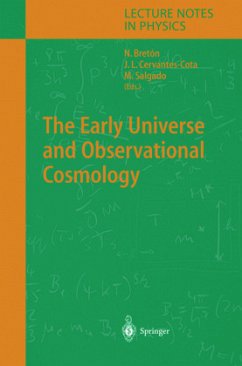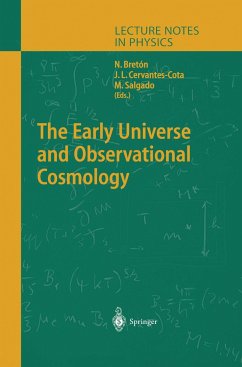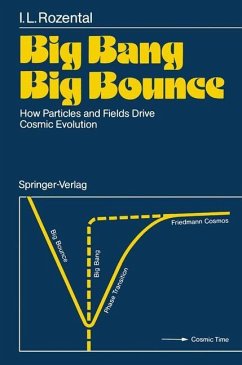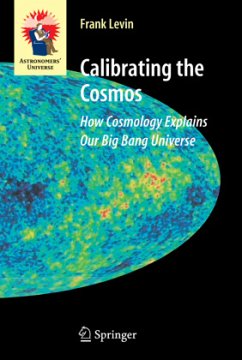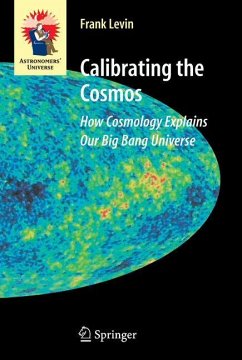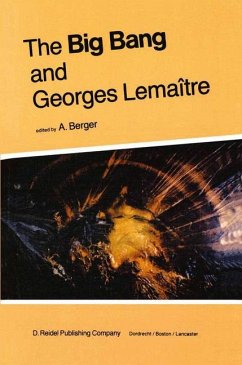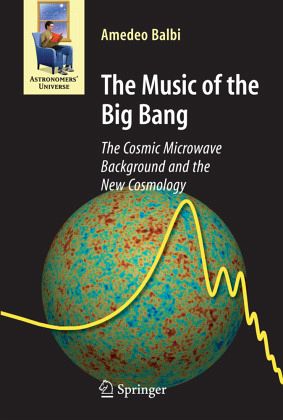
The Music of the Big Bang
The Cosmic Microwave Background and the New Cosmology
Versandkostenfrei!
Versandfertig in 6-10 Tagen
28,99 €
inkl. MwSt.
Weitere Ausgaben:

PAYBACK Punkte
14 °P sammeln!
Ever since its infancy, humankind has been seeking answers to some very basic and profound questions. Did the Universe begin? If it did, how old is it, and where did it come from? What is its shape? What is it made of? Fascinating myths and brilliant in- itions attempting to solve such enigmas can be found all through the history of human thought. Every culture has its own legends, itsownworldcreationtales,itsphilosophicalspeculations,itsre- gious beliefs. Modern science, however, cannot content itself with fanciful explanations, no matter how suggestive they are. No- days, our theories about ...
Ever since its infancy, humankind has been seeking answers to some very basic and profound questions. Did the Universe begin? If it did, how old is it, and where did it come from? What is its shape? What is it made of? Fascinating myths and brilliant in- itions attempting to solve such enigmas can be found all through the history of human thought. Every culture has its own legends, itsownworldcreationtales,itsphilosophicalspeculations,itsre- gious beliefs. Modern science, however, cannot content itself with fanciful explanations, no matter how suggestive they are. No- days, our theories about the Universe, built upon rational ded- tion, have to survive the hard test of experiment and observation. Cosmology, the science which studies the origin and evo- tion of the Universe, had to overcome enormous dif?culties before it could achieve the same level of dignity as other physical dis- plines. At ?rst, it had no serious physical model and mathematical tools that could be used to address the complexity of the problems it had to face. Then, it suffered from a chronic lack of experim- tal data, which made it almost impossible to test the theoretical speculations. Given this situation, answering rigorously the many questions on the nature of the Universe seemed nothing more than a delusion. Today, however, things have changed. We live in the golden age of cosmology: an exciting moment, when, for the ?rst time, we are able to scienti?cally understand our Universe.





